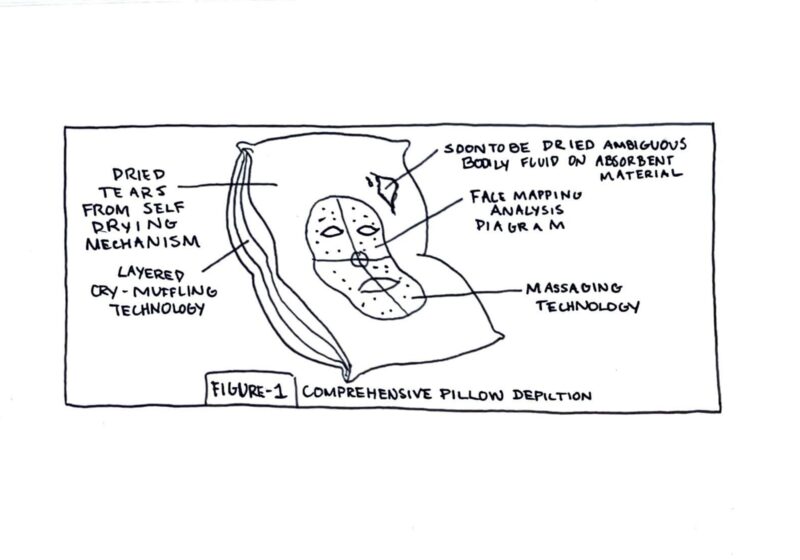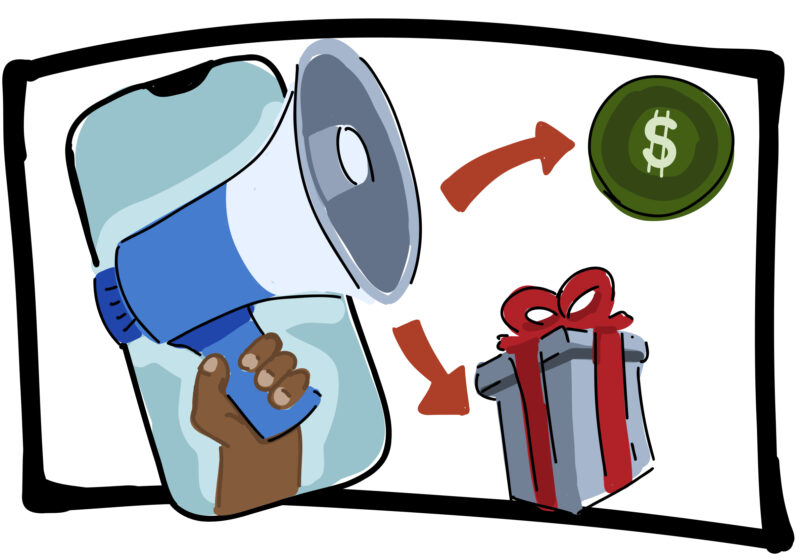This summer I worked in Tokyo, Japan. Overall, the experience was incredible—life-changing, even. Perhaps one of my greatest achievements was becoming the Master of the Japanese Trains. You may ask : What does it take to become the Master of Trains? Well, I learned the answer to this pertinent question the first day of my internship.
I wake up 5:30 a.m. I make myself a bowl of rice and a strong cup of coffee, no cream or sugar. I then take a shower, brush my teeth, and give my shoes a little shine. While walking from my house to the train station, I am elated—I can’t believe that the first day of my summer internship has finally arrived.
Since it was Japan and the summer, it was humid and a mild 105 degrees Fahrenheit. I work up a sweat, but it’s no biggie. I get to the train station, swipe my train pass, and make my way up to the platform. I see a bunch of people lined up waiting for their respective trains.
I don’t know which line to wait in, so I just pick a random one. My train comes and I use my prior knowledge of how to get on a train to guide me. I wait for the people on the train to exit. Then, it’s my turn.
This is the point where things take a sour turn. All of a sudden, I feel an arm pushing me into the train. It’s an elderly man who is maybe the same age as the temperature that day—a cool 105 degrees Fahrenheit. He nudges me into a corner.
I’m not sure how much you know about Japanese train culture, but if you know anything, you’ll know that these trains are notoriously crowded—and this train iss no exception. Actually, my daily train is the Den-en Toshi Line, the most crowded of them all.
So,this old man and I are pressed up against each other near the door of the train. We are so close that I can feel his breath, smelling of green tea and shiso. The train leaves the station and all I can see is this old man’s toothy grin, like he can sense my naiveté when it comes to Japanese train knowledge.
Out of nowhere, he utters something in Japanese that roughly translates as “Yet to master the trains, I see.” I respond politely, not letting him know how ignorant I am of Japanese train procedures: “What do you mean by that, master?” He explains: “When you get onto and off of the train, you have to push the person in front of you.”
I think that was kind of rude, but I take it into consideration. We don’t talk the rest of the train ride and both happen to leave at the same stop, Shibuya Station. The train doors open, I push the old man, putting his advice into action, and he stumbles a little bit—almost falling over. Naturally, I feel bad and a little concerned.
All of a sudden, he turns around, smiles back at me, and walks down the platform toward the exit. It was then I realized that I had become the Master of the Japanese Trains.



